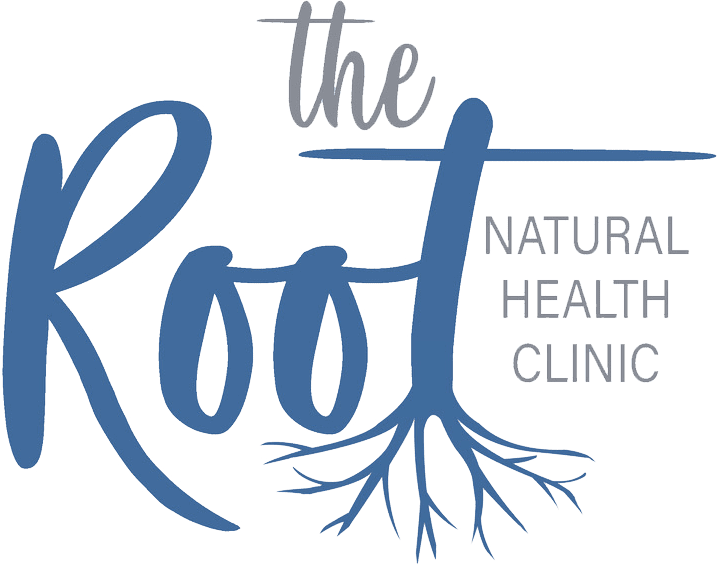Nutrition and Hydration for Energy: Root of Fatigue
Fatigue and low energy is one of the most common concerns see in my practice. Male and female patients of all ages come in feeling like no matter what they do they just can’t seem to keep up with the demands of their daily lives.The foods you eat and the liquids you consume can either increase or decrease the amount of energy you have throughout the day.
The following example is a real case of a 23 year old female with a chief concern of low energy throughout the day, dipping the lowest around 3-4 pm. This is what her diet consisted of:
Breakfast: either skips breakfast or grabs a coffee and bagel from a coffee shop.
Lunch: sandwich consisting of white bread, cold cut meat, processed cheese, honey mustard or a salad with lettuce, cucumbers, carrots and a homemade dressing. Has a diet pop with this meal.
Snack 2pm: snacks on pastries around the office.
Dinner: take out noodles or chicken & rice stir-fry or pasta with tomato sauce with a glass of water.
This patient has a pretty typical standard North American diet, filled with simple carbohydrates and lacking in colour, healthy fats, protein, and water. To optimize energy throughout the day, the first thing we want to do is switch out her simple carbohydrates for more complex carbohydrates. Complex carbohydrates are things like oatmeal, sweet potatoes, beans and lentils, etc. and they differ from simple carbohydrates in their glycemic index/load (how fast/how much they cause your blood sugar to rise). Simple carbohydrates like bagels, white bread, pastries, and pasta cause your blood sugar and then your insulin to spike. Insulin is a hormone that reduces blood sugar and can sometimes over compensate, causing your blood sugar to drop too low leading to fatigue. Complex carbohydrates get into your blood stream much slower providing a steady stream of energy without causing a large spike in insulin.
Colourful plants are rich in vitamins, nutrients, and antioxidants providing you with more energy and reducing energy-draining free-radicals. While the patient is getting some colour in her diet for the most part it is pretty beige. Other than carbohydrates, the other two macronutrients our bodies require are fats and proteins. Our brains are made up of over 50% fat making dietary fats vital for our brains to function properly. Unsaturated fats are healthiest for our hearts and brains and include foods like avocados, walnuts, olive oil, salmon, and chia seeds which should be consumed daily. Processed meats and cheeses, store bought salad dressings, and pastries contain saturated and trans-fats with little unsaturated fats. Protein makes up the building blocks of muscles and tissues which slows down how quickly sugar gets into your blood stream. For the patient’s size and activity level she is required about about 60-70 grams of protein a day but from her diet we can see that she was only consuming about 15-25 grams. Knowing how much protein you’re getting in a day can be tricky and tedious, but with the right resources you will begin to be able to eyeball how much you need.
Finally, her water intake. Even mild dehydration has been linked to decreased cognitive functioning, and while there is no exact amount of water that right for everyone, 1 glass was definitely not enough. Coffee and soda do not count towards your water intake and the caffeine levels in them can further dehydrate you, but foods that are high in water content and herbal teas count toward your water intake and will help keep you
hydrated.
hydrated.

I am passionate about my patients nourishing their
bodies properly because the example case above was actually me six years ago. It was from making dietary changes and noticing what a difference it made in my energy and concentration that I was inspired me to become a Naturopathic Doctor. If you want to know if these dietary changes are right for you or more information on how to change your diet book your naturopathic appointment for an individualized dietary approach.
bodies properly because the example case above was actually me six years ago. It was from making dietary changes and noticing what a difference it made in my energy and concentration that I was inspired me to become a Naturopathic Doctor. If you want to know if these dietary changes are right for you or more information on how to change your diet book your naturopathic appointment for an individualized dietary approach.
